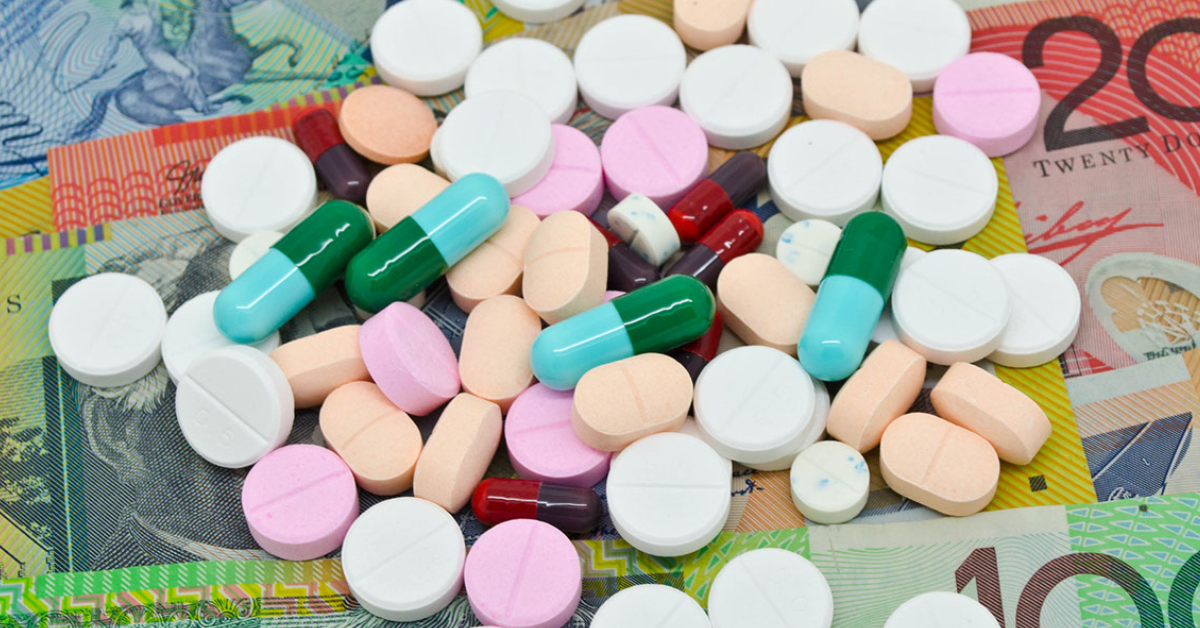The maximum cost of a PBS covered prescription will drop today from $42.50 to $30 for most people, but for those with a concession card their medication cost is increasing from $6.80 to $7.30 per script.
According to patient advocacy group Better Access Australia, the price hike affects all families earning less than $78,000 a year who are entitled to a concession card, as well as disabled people, retirees, and all Indigenous people who access PBS medicines via the Closing the Gap program.
Better Access Australia Chair, Felicity McNeill, said the decrease in the general PBS Co-Pay is something they lobbied for and warmly welcomed, but it only solves half of the affordability crisis.
“For individuals and families on fixed incomes of less than $78,000 per year, this is yet another government-imposed price increase they cannot afford.”
“The Government needs to protect all patients from the inflationary pressures of the cost of living in these uncertain times.” Ms McNeill said.
The increase on 91.2% of scripts dispensed under the PBS is expected to generate an extra $76 million in government revenue. The increase to the concessional rate is automatic, increased each year in line with CPI. Concessional PBS co-pay fees went up 10 cents in 2021, and 20 cents in 2022, but have been increased by 50 cents this year because of high inflation.
Better Access Australia had asked the Government to freeze the CPI increase for two years.
“Families earning less than $78,000 a year are making choices between feeding their kids, paying their rent, putting fuel in their car, and whether they can afford their medicines, let alone visit the GP to get the script.”
“Every cent counts. Every per cent increase hurts,” Ms McNeill said.
Got something you want to say about this story? Have your say on our opinion and comment hub, New England Times Engage


